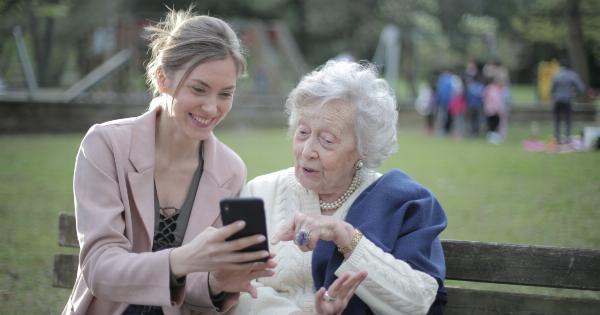Everyone wants to feel like they belong, that they are important, and that they are loved. This insatiable need is not just about our physical needs but goes beyond that. Sometimes the idea of acceptance becomes an obsession that we cannot shake off.
Elizabeth knows this all too well.
Elizabeth’s Story
Elizabeth is a young, bright, and energetic woman. She has always been outgoing, driven, and a perfectionist. However, despite all her admirable qualities, Elizabeth has always felt like she was on the outside looking in.
It all started when she was a child. Elizabeth grew up in a family where academic excellence was the norm. As the eldest child, she was expected to set an example for her siblings.
She was expected to be top of her class, to participate in school activities, and to be an all-rounder. While Elizabeth excelled in everything she did, she never got the recognition she so desperately craved.
As she grew older, Elizabeth’s need for acceptance only intensified. She wanted to be popular, to be liked, and to be the center of attention.
She would spend hours on social media, constantly comparing herself to others, trying to figure out what she was doing wrong. She would change her personality, her style, and her interests, hoping that it would make her more appealing to others.
The Vicious Cycle
Elizabeth’s quest for acceptance became a vicious cycle. The more she searched for it, the more elusive it became. No matter how hard she tried, she could never seem to find the acceptance she so badly craved.
Her efforts only left her feeling exhausted, unfulfilled, and even more alone.
Every time Elizabeth was rejected or ignored, she blamed herself. She believed that there was something inherently wrong with her, something that made her unworthy of love and acceptance.
This made her feel even more isolated and alone, fueling her need to find acceptance even more.
The Turning Point
It wasn’t until Elizabeth hit rock bottom that she realized that her need for acceptance was costing her too much. She had sacrificed her own happiness and well-being in pursuit of something that would never be within her reach.
She had pushed away the people who truly loved her in a bid to impress those who didn’t care about her.
It was at this point that Elizabeth realized that her obsession with acceptance was a prison of her own making. She had allowed her need for validation to define her worth, her happiness, and her entire life.
She realized that the only way out of this prison was to break free from the cycle of seeking approval.
The Road to Recovery
Breaking free from the cycle of seeking approval was not easy. Elizabeth had to unlearn years of conditioning that made her believe that her worth was tied to her achievements and others’ opinions of her.
But she was determined to do it, no matter how hard it was.
The first thing Elizabeth did was to redefine what acceptance meant to her. Instead of seeking it from others, she started seeking it from herself. She learned to value herself for who she was, not for what she did or how others saw her.
Elizabeth also started surrounding herself with people who loved and accepted her for who she was. She let go of toxic relationships and committed herself to nurturing healthy and fulfilling ones.
The Acceptance She Deserved
With time and effort, Elizabeth started to feel a sense of acceptance that she had never experienced before. She felt accepted by herself and those around her.
She had finally found peace within herself, and her need for validation from others diminishes significantly.
Elizabeth now lives a life where her happiness and worth are not tied to others’ opinions of her. She still faces challenges, but she knows how to deal with them without compromising her values or well-being.
Conclusion
Elizabeth’s story is a testimony to the human need for acceptance and how it can sometimes drive us to do things that are harmful to ourselves.
But it is also a story of hope, showing us that it is possible to break free from the cycle of seeking validation and find acceptance and happiness within ourselves.






























